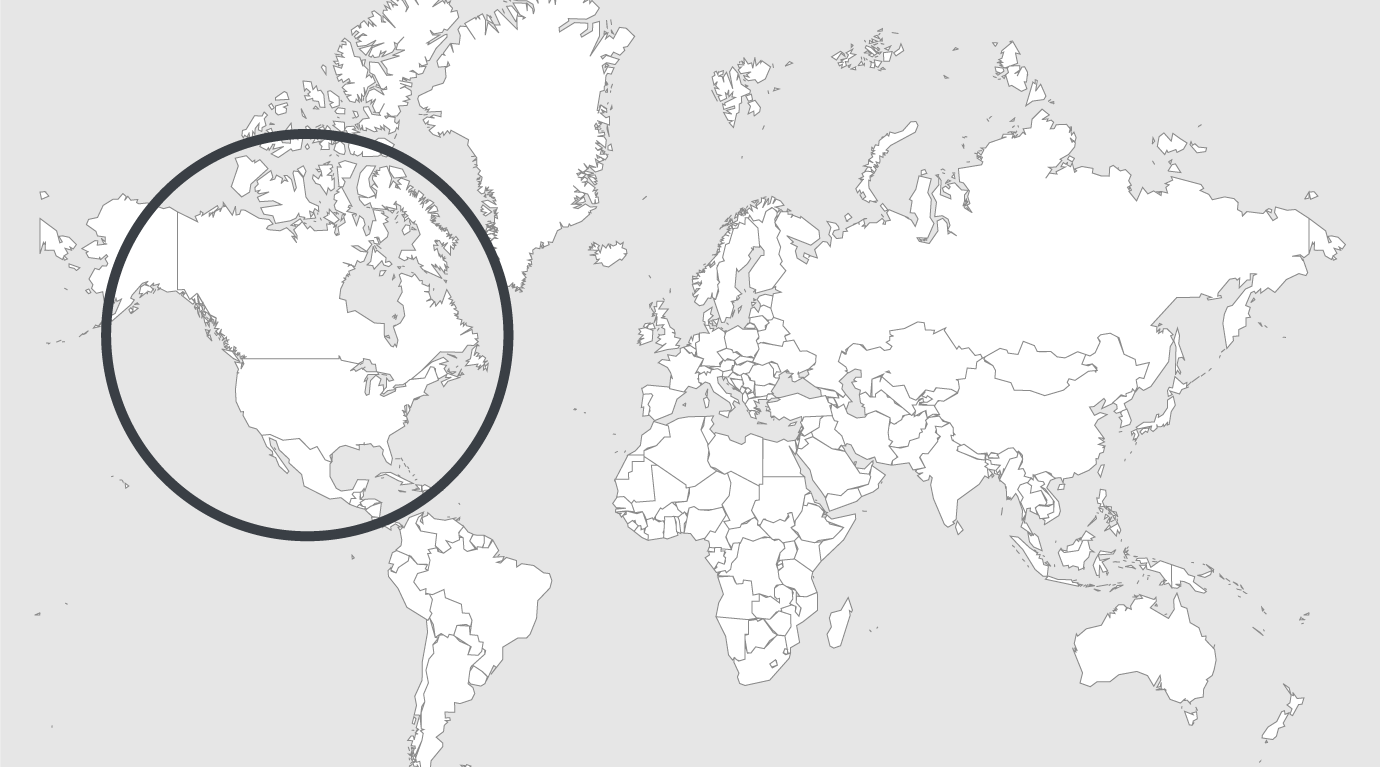
Explore

Source: New York Times (23/12/2019)
China: inside Christmas card, a girl finds plea from Chinese prison laborers
A 6-year-old girl in London preparing Christmas cards for her classmates found a message said to be from prisoners forced into labor in China, prompting the Tesco grocery chain to suspend ties with a supplier.
Florence Widdicombe was going through cards her mother purchased about a week ago at a Tesco supermarket when she saw one card had writing in it, her father, Ben Widdicombe, told the BBC.
“We are foreign prisoners in Shanghai Qingpu Prison China,” the handwritten note read. “*Forced to work against our will. Please help us and notify human rights organization.”*
The New York Times could not independently authenticate the note, which also suggested that the recipient contact Peter Humphrey, a British journalist who was a prisoner at Qingpu from 2013 to 2015. Mr. Humphrey, who was jailed on corruption charges he says were bogus while working as a fraud investigator, first wrote about the note in The Sunday Times.
Tesco said in a statement that it would stop selling the cards while it investigates. The supplier was independently audited in November and “no evidence was found to suggest they had broken our rule banning the use of prison labor,” the company said.
“We abhor the use of prison labor and would never allow it in our supply chain,” the company said. “We were shocked by these allegations and immediately suspended the factory where these cards are produced and launched an investigation.”
But the supplier, Zhejiang Yunguang Printing, said that it had not heard from Tesco and that it became aware of the accusations only after being contacted by foreign news outlets, according to state-run media.
“We have never done such a thing,” Zhejiang Yunguang Printing told The Global Times, a nationalist Chinese tabloid owned by the Communist Party.
China has a poor human rights record — it has come under criticism for, among other things, its treatment of the Muslim minority in Xinjiang, surveillance of its own citizens and detentions of journalists — but the printing company insisted that it had “never had any connection with any prison” and suggested that the story was manufactured for political reasons.
Geng Shuang, a spokesman for the Chinese Foreign Ministry, mocked Mr. Humphrey and dismissed allegations that prisoners were subjected to forced labor when asked about the reports at a regularly scheduled news conference.
“His latest plot sounds all too familiar,” Mr. Geng said in remarks posted on the Foreign Ministry’s website. “My advice to him: If you want to grab more eyeballs, at least come up with some new tricks.”
“I can tell you that after verifying with relevant departments, we know for sure that there is no forced labor of foreign prisoners in Qingpu Prison in Shanghai,” Mr. Geng added.
Tesco is among the international companies that have publicly vowed to stamp out prison labor. Britain requires large companies to describe the actions they have taken each year to keep modern slavery out of their supply chains.
Former inmates have described brutal abuse in China’s labor camps, including beatings, sleep deprivation and untreated illnesses. Finding a note hidden inside packaging tends to attract worldwide attention, though the claims are difficult to verify and are often suspected of being activist hoaxes.
Still, there have been times when former inmates confirmed they had surreptitiously sneaked out notes. In 2013, a former inmate at the Masanjia labor camp said he wrote 20 letters that he hid in packaging that seemed headed toward the West. One of them was found by a mother of two in Oregon inside a package of Halloween decorations.
Mr. Humphrey, the journalist and former inmate, told the BBC he believed the note was “written as a collective message” from the prisoners. He said he believed he knew who wrote the note but would not reveal the person’s identity.
He said there were about 250 foreigners kept in Qingpu “living a very bleak daily life.” The cells held 12 prisoners apiece, with rusty iron bunk beds and mattresses about a centimeter thick, he said.
When he was there, manual labor work was voluntary, with inmates earning pennies they could spend on soap, toothpaste and cookies, he said.
“What has happened in the last year or so is work has become compulsory,” he said.
Mr. Widdicombe said he felt he had a responsibility to pass along the note to Mr. Humphrey.
“The first thought was it must be some sort of prank, but on reflection we realized it was actually potentially quite a serious thing,” Mr. Widdicombe told the BBC.